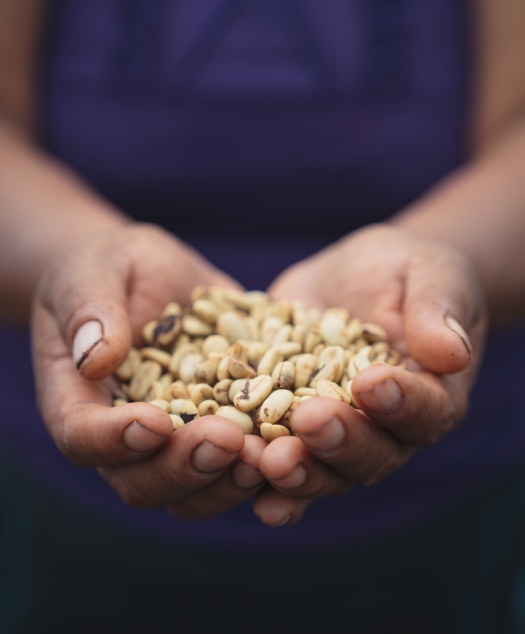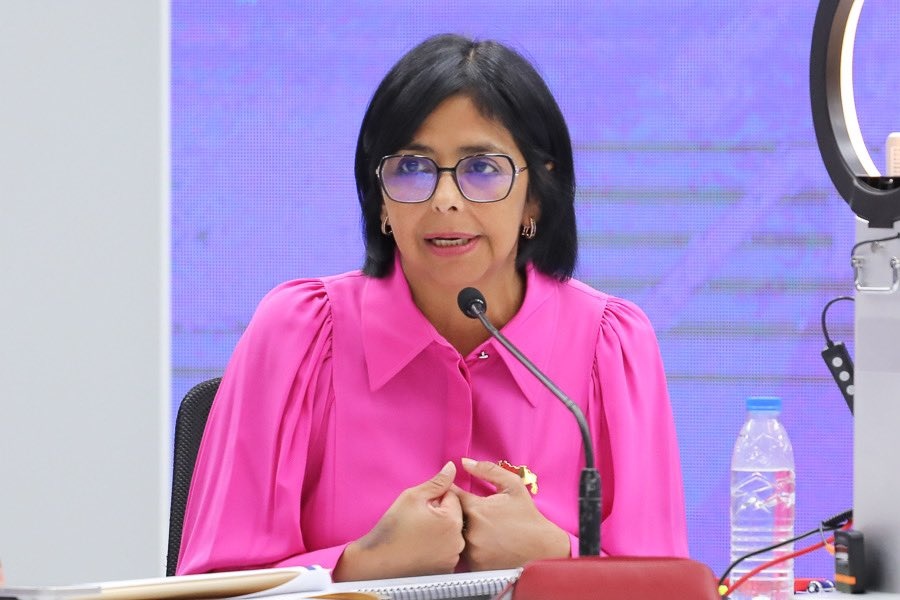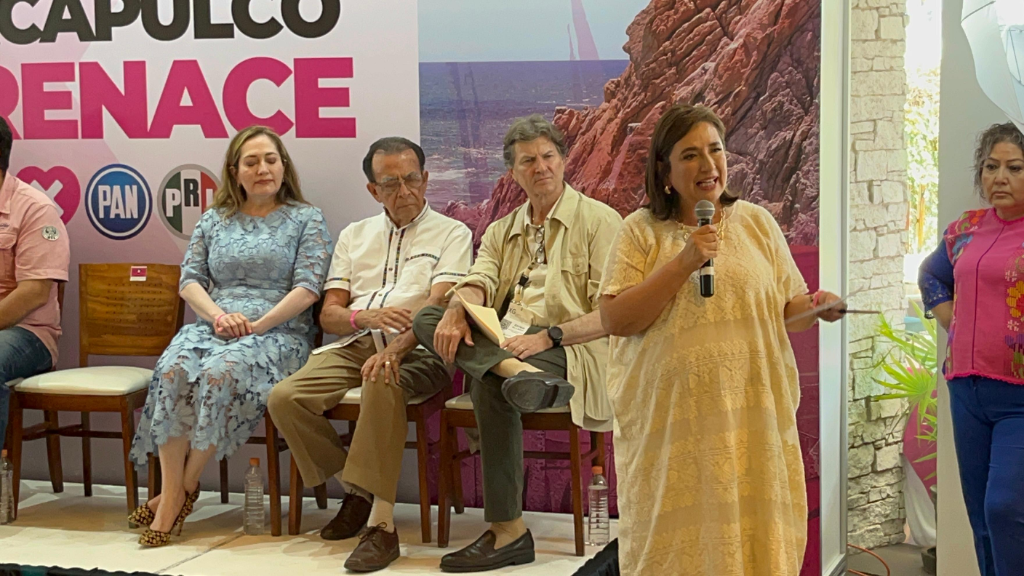London. JDE Peet’s, one of the world’s largest coffee companies, said the global coffee industry is facing a tight deadline to comply with a new European Union law that bans the import of raw materials and related goods linked to deforestation in the world. Any part of the world.
The European Union (EU) law, which will come into force at the end of 2024, will require EU importers of coffee, cocoa, livestock, palm and other commodities to demonstrate that their products do not contribute to the destruction of forests – one of the main causes of climate change – or face heavy fines.
Producer countries from Indonesia to Brazil have criticized the law as discriminatory and because the new rules could end up excluding vulnerable small farmers from access to the lucrative EU market.
They fear that farmers in remote rural regions will not be able, for example, to provide buyers of their products with geolocation coordinates proving that their farms are not located on deforested land after 2020, one of the main requirements of the law.
JDE Peet’s, which produces Douwe Egberts and L’Or coffees, says the EU has simplified this aspect of the law in some points, but that the sector will still struggle to comply with it by the end of 2024.
“It is clear that the deadline is very, very tight. We are doing what we can to finish on time,” Laurent Sagarra, vice president of Sustainability at JDE Peet’s, said in an interview.
In some countries, the compliance deadline has already expired because the harvests have started, which means that the products they collect now will be sold on the EU market next year and they will already have to comply with the regulations, he explained.
The European Commission said its “doors are open to discussions with industry and we not only answer questions you may have about implementation, but we also publish extensive guidance based on the exchanges carried out so far.”
JDE Peet’s has signed agreements with Ethiopia, Papua New Guinea, Tanzania, Uganda, Peru, Honduras and Rwanda to map and monitor their coffee regions using high-resolution satellite imagery, artificial intelligence and on-the-ground verification.
But the company still has to sign agreements with 20 other countries well before the end of this year to ensure it can continue importing coffee from various origins next year.
The coffee sold to consumers is usually a mixture of different bean varieties. Even small coffee-producing countries are important for roasters to maintain the characteristic flavor of their products.
Roasters also need a diverse supply base in case adverse weather or disease affects a country or region’s harvest in a given season.
Most EU member countries have called on the bloc to scale back the law and possibly temporarily suspend it, fearing that even EU farmers will struggle to meet all the requirements needed to prove their products are deforestation-free.
#Peets #sees #coffee #sector #trouble #law
– 2024-04-23 20:47:48


